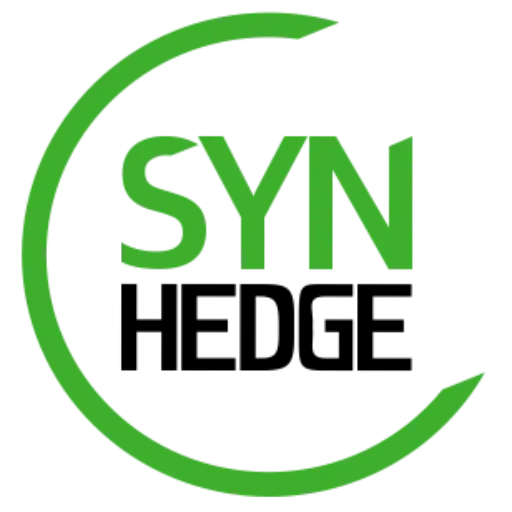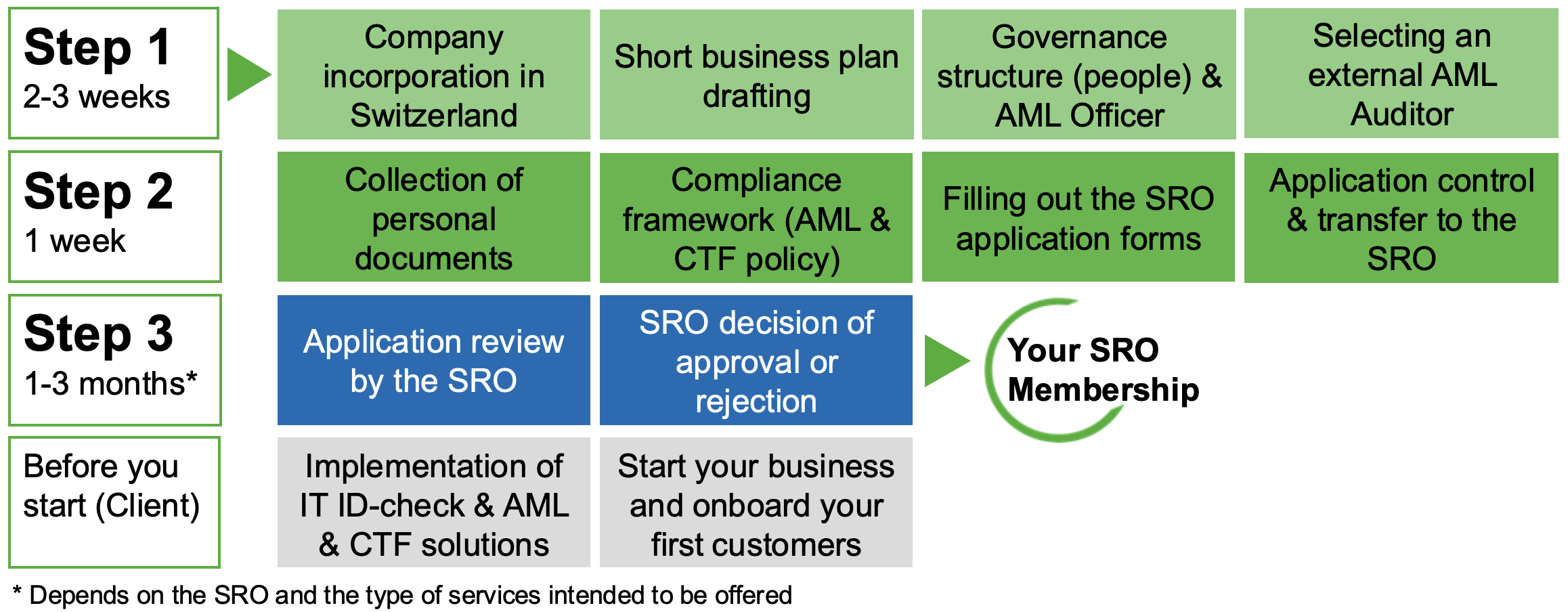There is no regulatory capital requirement for SRO membership, meaning no buffer must be maintained as with banks. However, establishing a company in Switzerland requires a capital contribution. A Ltd company (AG, SA) requires CHF 100,000 in capital, with at least CHF 50,000 paid up at incorporation. For an LLC (GmbH, SARL), the capital is CHF 20,000, and it must be fully paid. This capital can generally be used by the company for its activities, though certain corporate law requirements (Art. 725 CO) regarding governance must be followed, especially in cases of capital loss or over-indebtedness.



